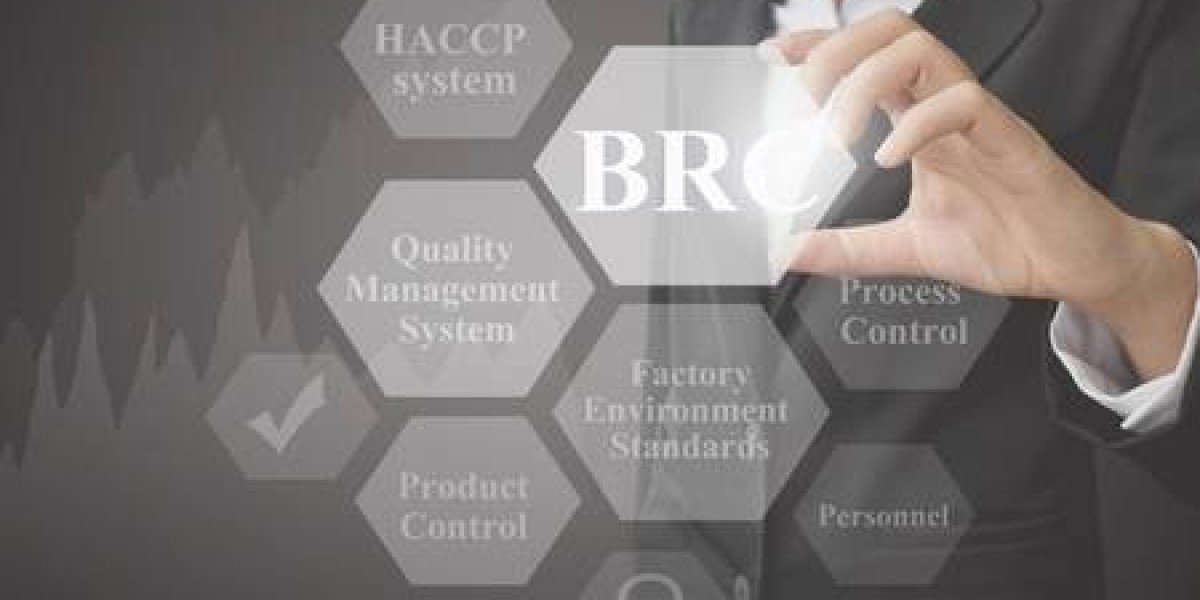Introduction:
In today's globalized food industry, ensuring the safety and quality of products is paramount. The British Retail Consortium (BRC) has emerged as a key player in establishing and maintaining high standards within the food supply chain. BRC certification has become a benchmark for food safety, providing consumers with the assurance that the products they consume meet stringent quality and safety criteria.
Body:
1. What is BRC Certification?
The BRC Global Standard for Food Safety is a set of guidelines and requirements designed to assist food manufacturers and suppliers in producing safe and consistent products. BRC certification is a globally recognized accreditation that signifies adherence to these standards, ensuring that companies comply with best practices in food safety management.
2. Global Recognition and Market Access:
BRC certification is widely accepted by retailers, manufacturers, and regulatory bodies around the world. Achieving BRC certification enhances a company's credibility and opens doors to international markets, as many retailers require suppliers to be BRC certified. This certification serves as a passport for companies seeking to expand their reach and participate in global trade.
3. Risk Mitigation and Compliance:
BRC certification aids in identifying and mitigating potential risks in the food production process. By implementing the BRC Global Standard, companies can establish robust quality management systems, reducing the likelihood of food safety incidents and product recalls. Compliance with these standards also helps companies meet legal requirements and stay ahead of regulatory changes.
4. Consumer Confidence:
Consumers are increasingly conscious of the quality and safety of the food they consume. BRC certification assures consumers that the products they purchase have been produced in facilities that adhere to the highest standards of food safety. This builds trust and confidence in the brand, contributing to customer loyalty and positive brand reputation.
5. Continuous Improvement:
BRC certification is not a one-time achievement but an ongoing commitment to excellence. Companies that attain BRC certification are encouraged to embrace a culture of continuous improvement, regularly reviewing and enhancing their processes to stay ahead of emerging risks and challenges in the food industry.
Conclusion:
In conclusion, BRC certification plays a pivotal role in ensuring the safety and quality of food products in the global market. It provides a comprehensive framework for companies to establish and maintain effective food safety management systems, fostering consumer confidence, and enabling market access. As the food industry continues to evolve, BRC certification remains a key differentiator, allowing companies to demonstrate their commitment to the highest standards of food safety and quality.









